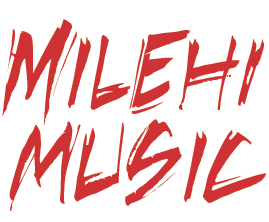Should You Get A Degree in Music?
The lights shine and an eerily quiet breath creeps over the backstage; talk of nerves and nausea quietly erupt among performers. The backstage hand waits for a call to go out as two different sides of the same world foresee what’s about to happen. The nervous young guitar player foresees utter failure; her friends are […]


